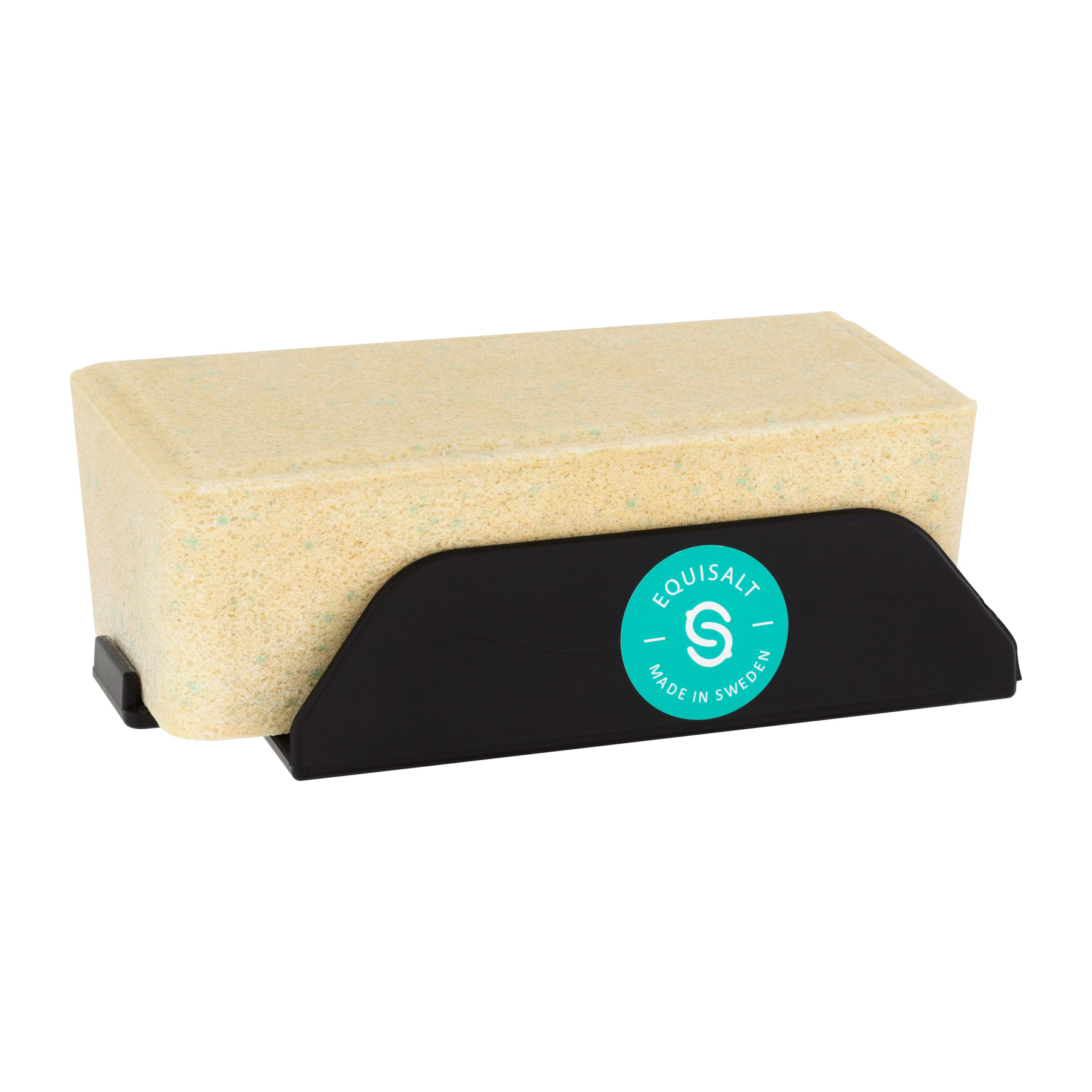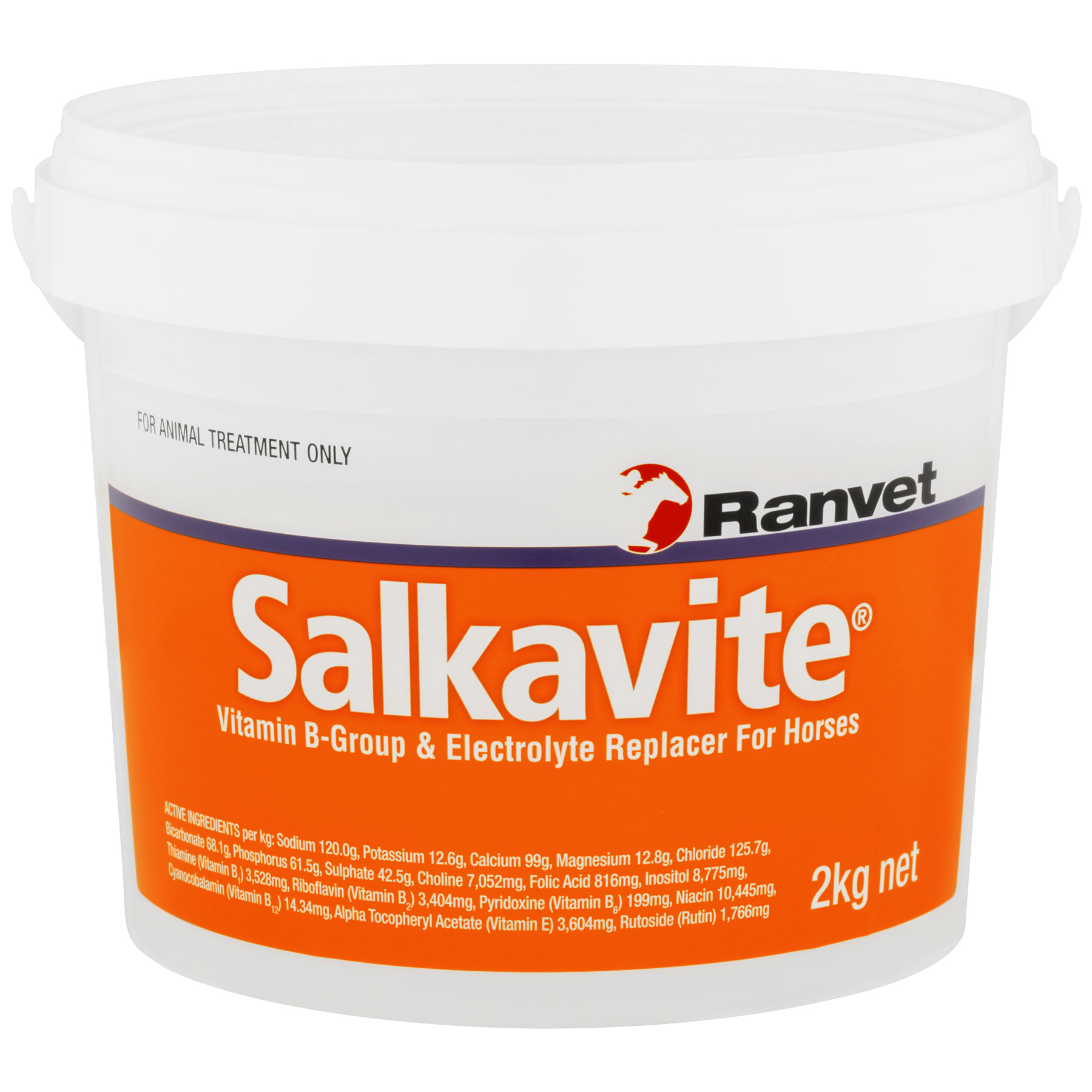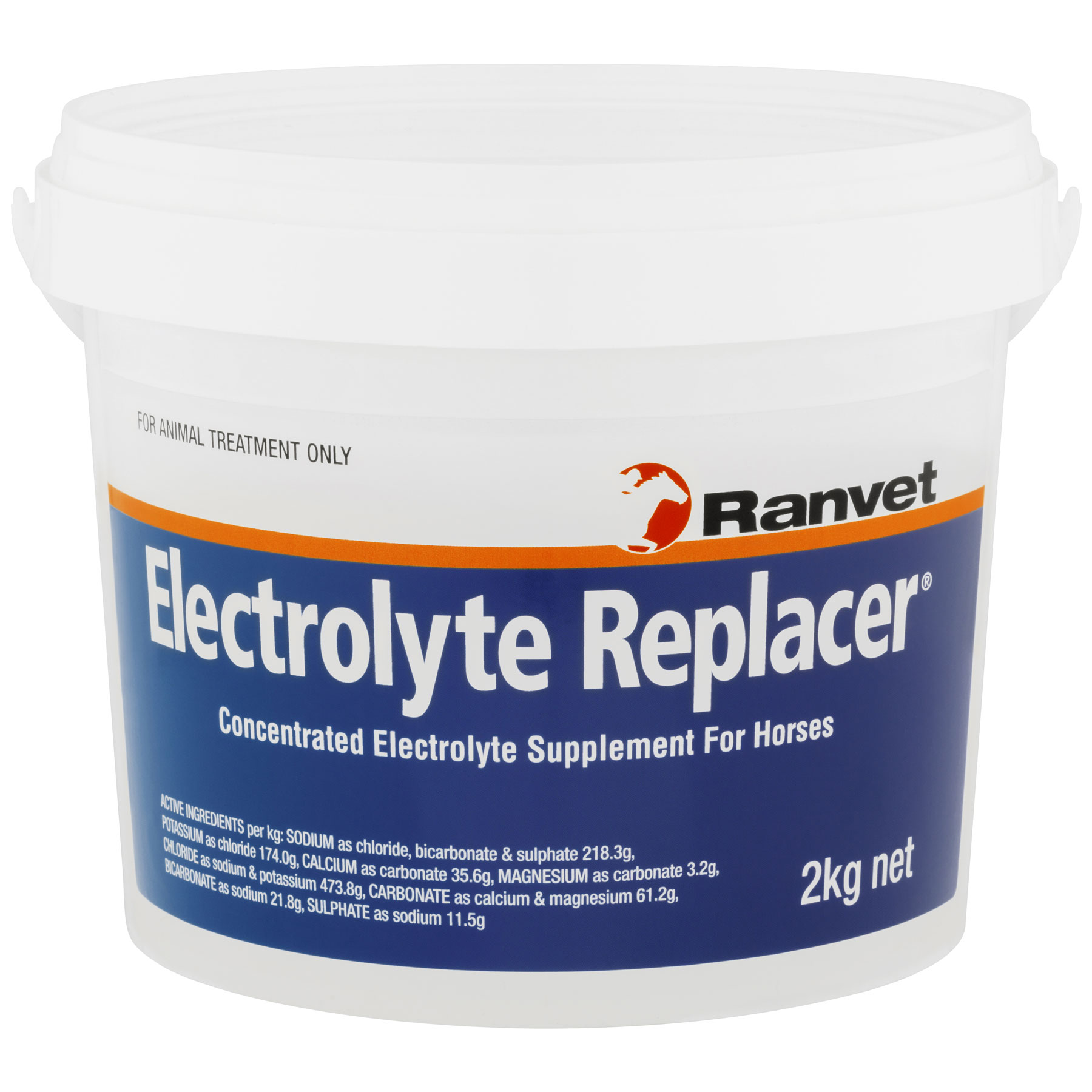Caring for horses in hot weather
Hydration
- Ensure your horse is consuming between 20 and 60L of water per day.
- Ensure water is clean and fresh.
- Use molasses, cordial or melted licorice to sweeten water if your horse is reluctant to drink.
- Feed an electrolyte daily to your horse: During exercise horses can lose up the 15L of sweat per hour, containing critical electrolytes that need to be replaced.
- Use a Drench Gun to administer water over your horses’ tongue if they are refusing to drink.
- Use Electrolyte Pastes to deliver concentrated doses of electrolytes following exercise.
Fun Fact: When horses become 10% dehydrated & have low salt concentrations in their blood, they can often refuse to drink, requiring salt and electrolyte supplementation to stimulate their thirst reflex
Feeding
- Where possible, divide the total daily feed into three small meals. This prevents excessive overloading of the digestive tract while also minimising the heat of digestion which may increase core body temperature.
- Dampen feeds where possible.
- Consider feeding high fibre mashes such as Speedi-Beet.
- Provide an electrolyte in your horses’ feed.
Exercise
It is important to minimise exercise during hot weather and minimise the risk of heat stress.
- Avoid exercising your horse during the hottest period of the day 10am-3pm.
- Walk your horse for at least 5-10 minutes following exercise.
- Remove all tack, particularly those that restrict breathing (girth) and impede heat loss from lower limbs such as bandaging or padding.
- Hose your horse off with cold water, focusing on high heat areas such as the flank and chest.
- Allow your horse to completely cool down if you are rugging.
Travelling
- Allow the horse to adequately cool prior to transporting. Travelling immediately, particularly with other heated horses, will increase the trapped heat within the confined space of a float or truck and encourage further sweating.
- Open all windows and vents to allow adequate airflow.
- Provide your horse with regular rest breaks to eat and drink during long haul journeys.
- Rug and bandage as little as you can safely.
Paddock & Stabling
- If your horse is in a paddock, ensure they have adequate shade or shelter.
- If your horse is paddocked ensure there is adequate airflow and remove all rugs and boots.
- Ensure your horse has access to clean, fresh drinking water.
- Ensure your horse is not over-rugged.
- Provide your horse with a Salt Lick in their paddock or stable to encourage salt intake.
- If possible, provide your horse with an ice block containing electrolytes, such as Salkavite or Ranvet Electrolyte Replacer.
- Use misters and fans in stables if available.
Experts in Equine Nutrition
Every product in the Ranvet range has been developed to meet a horse’s most specific need at any given time, be it in a training environment or on a breeding farm. Having pioneered the formulation of specific medications and dietary supplements for horses, the company is now recognised as a leader in the areas of equine health and nutrition.



